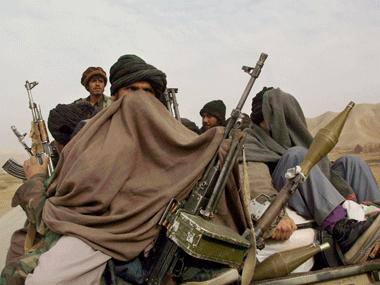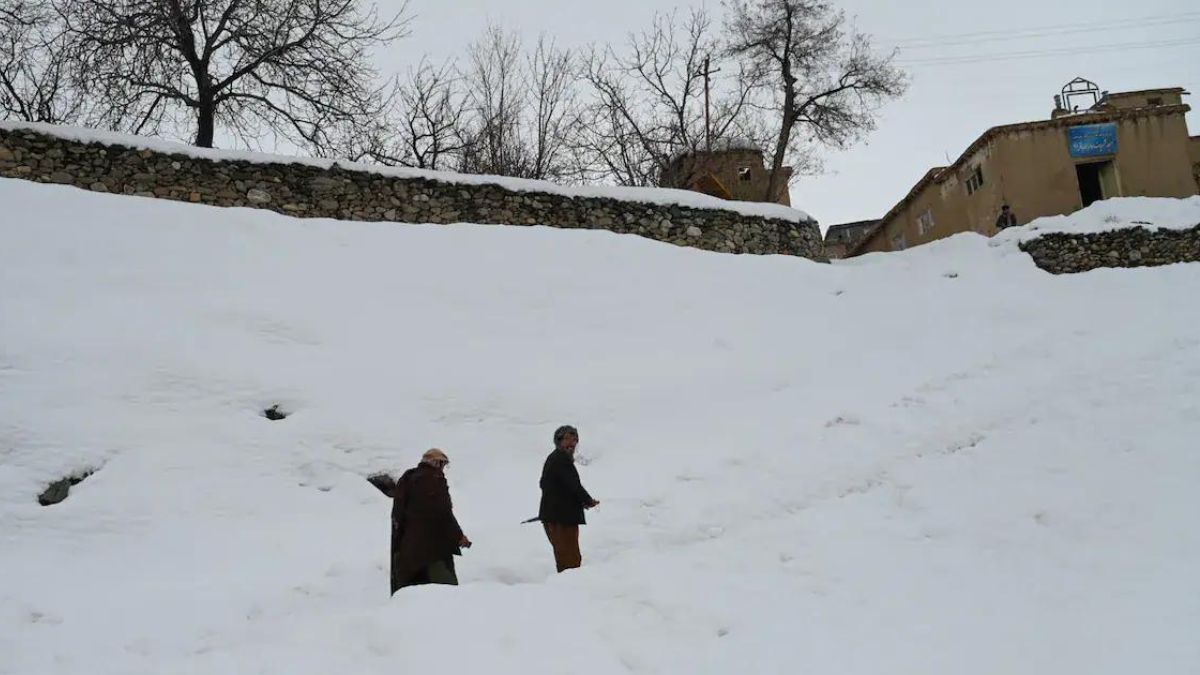The Taliban’s declaration on Friday that its supreme council has appointed Mullah Mohammad Akhtar Mansoor as its new leader, is a beacon of hope for the revival of peace talks that were supposed to take place between the group and the Afghan government in China or Pakistan.
Unfortunately, before Mansoor, believed to be a proponent of these negotiations, can attempt to reverse the Taliban’s rejection of these talks , he faces the very real threat of a fragmentation of the group coupled with defections to the Islamic State (IS).
Despite the fact that the statement was issued a mere day before the announcement about the fairly moderate Mansoor, his appointment indicates that the Taliban’s leadership still leans towards an understanding with Kabul.
The aviation minister of Taliban-ruled Afghanistan between 1996 and 2001, Mansoor was given charge of political and military affairs in the organisation’s supreme council. His seniority in the council, proximity to the man he deputised for the past three years, former leader Mullah Omar ( officially declared dead by the Taliban on Friday), and his origins in Kandahar—the heartland of the organisation—made him a frontrunner for the role.
The 2014 resignation of Mullah Abdul Qayum Zakir , former head of the Taliban’s military commission, a former Guantanamo Bay inmate and a major opponent of peace talks, also facilitated Mansoor’s ascendancy.
But before it is assumed that the Taliban is going soft, Mansoor’s newly-appointed deputy is Sirajuddin Haqqani, the leader of the Haqqani Network. With close links to the al-Qaeda, this North Waziristan-based group has been responsible for the deadliest attacks on the US-led International Security Assistance Force (ISAF) in Afghanistan. To put this into perspective, the actions of the Haqqani Network led the US to declare a $5 million reward for information leading to the capture of Sirajuddin.
Regardless, Mansoor, only the second man to ever lead the Taliban, is unlikely to inspire the same commitment and loyalty that Omar did. This will probably translate into a deepening divide between those within the organisation in favour of reconciliation with the Ashraf Ghani government and those who would prefer the continuation of the insurgency. And then there is the IS factor.
In recent times, Taliban operatives have been defecting to the IS, which is perceived to be stronger and more capable of allowing them to achieve their goals. Indeed, the U.S. had earlier this year downgraded the Taliban from a “terrorist group” to an “armed insurgency”. Last year’s exchange of US Army Sergeant Bowe Bergdahl, who was captured by the Taliban in 2009, for five Guantanamo detainees reflects these altered American perceptions after a nearly 14-year-long insurgency. Whether this is because the US truly does not consider the Taliban as dangerous as before, or so it can speed up the exit of its troops from Afghanistan, is open to interpretation.
Mansoor’s appointment could see the scale of defections to the IS increase, particularly in light of the Abu Bakr al-Baghdadi-led terrorist group’s designs on expanding its South Asia footprint by targeting India. The new Taliban leader’s letter to al-Baghdadi last month urging him to stay out of Afghanistan could widen the rift among Taliban cadres.
All in all, the region faces a phase of great uncertainty.
With inputs from AP


)




)
)
)
)
)
)